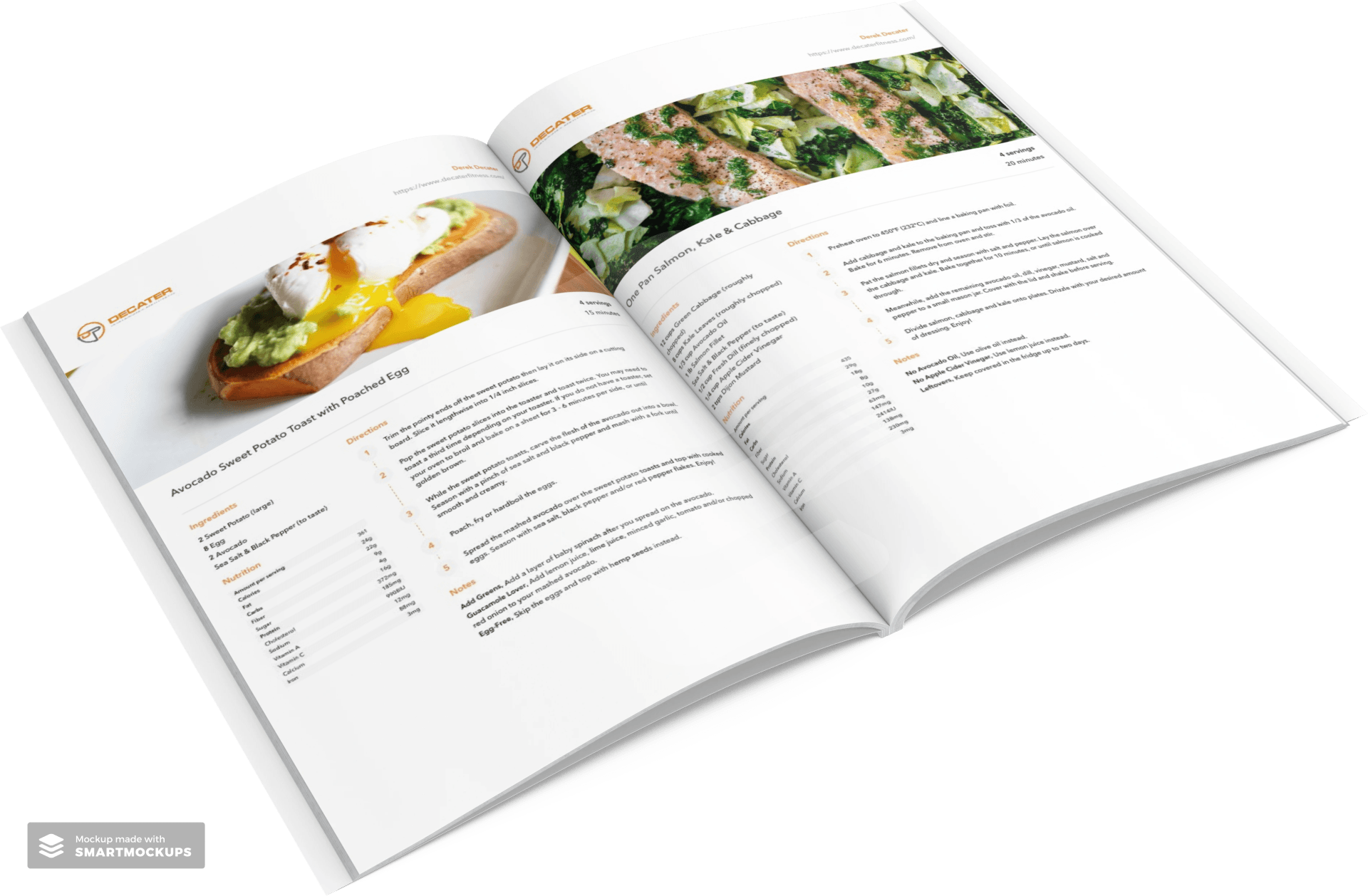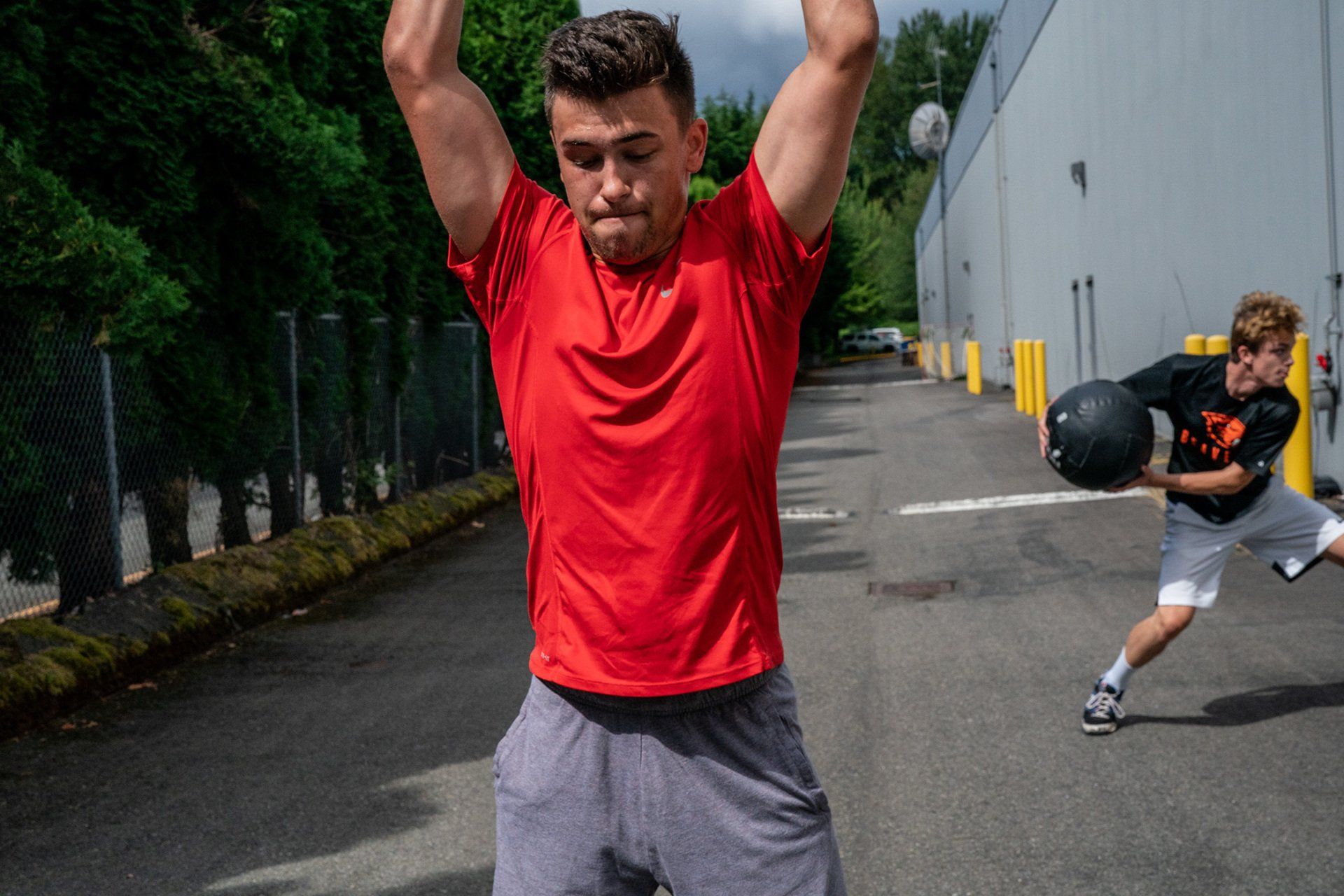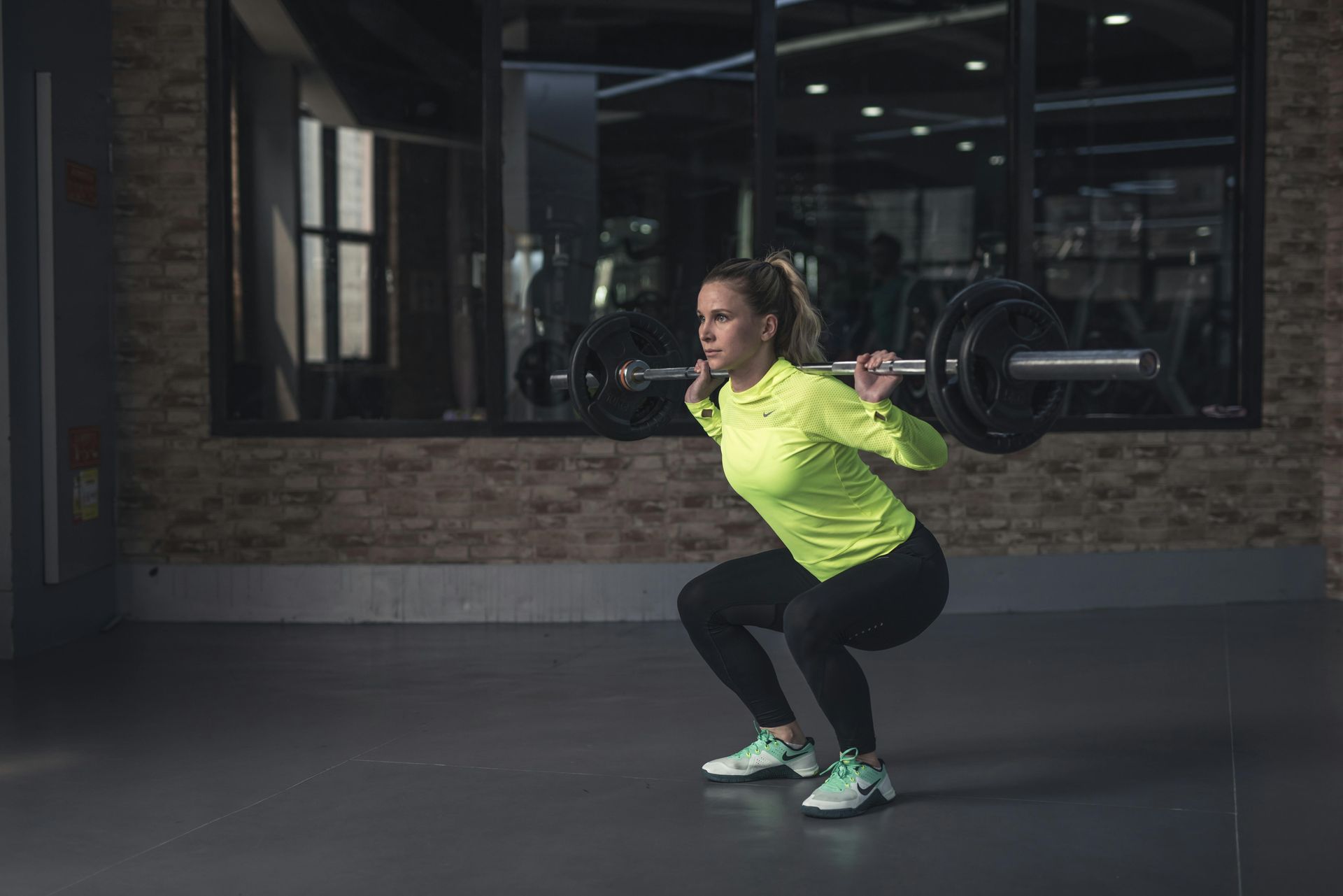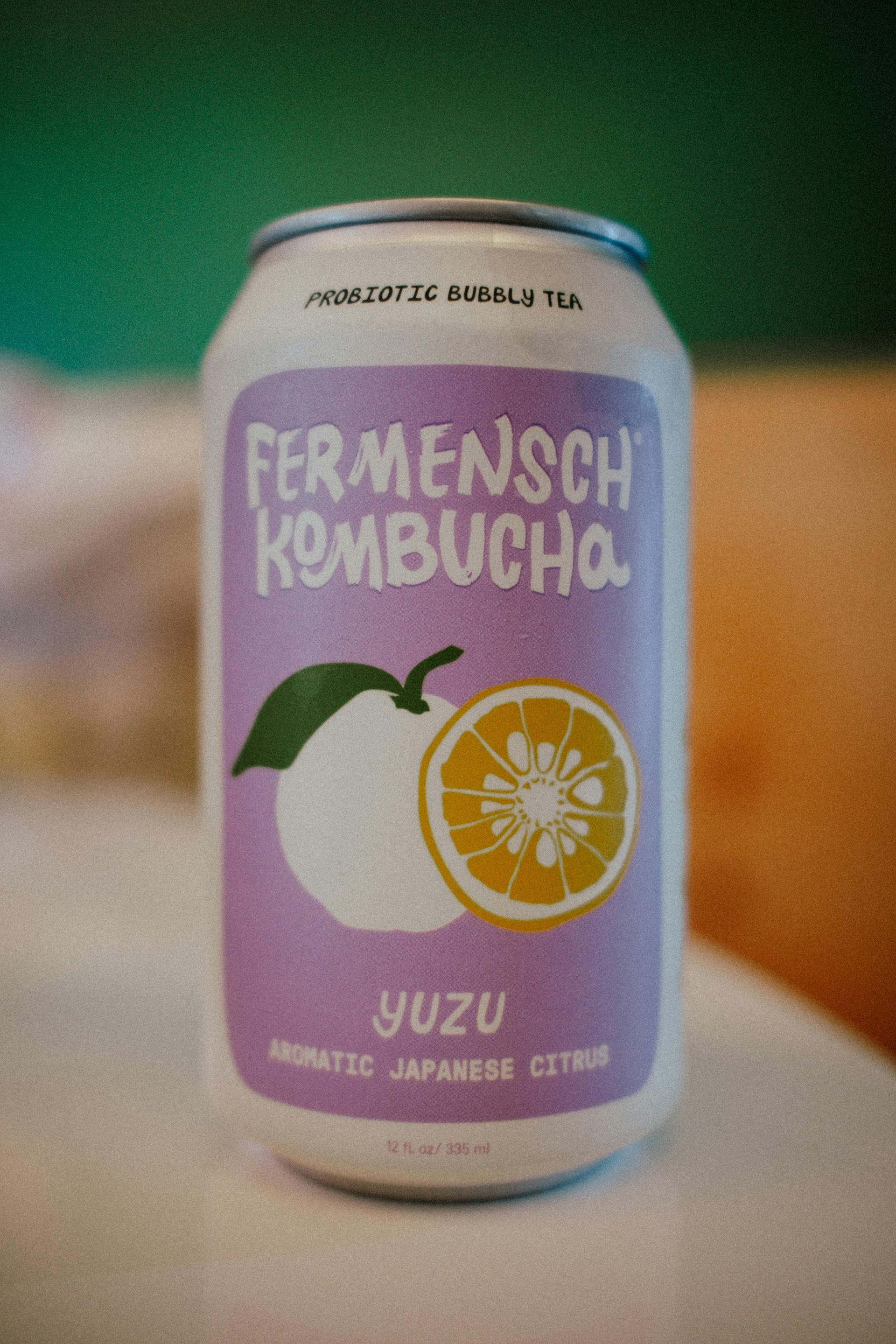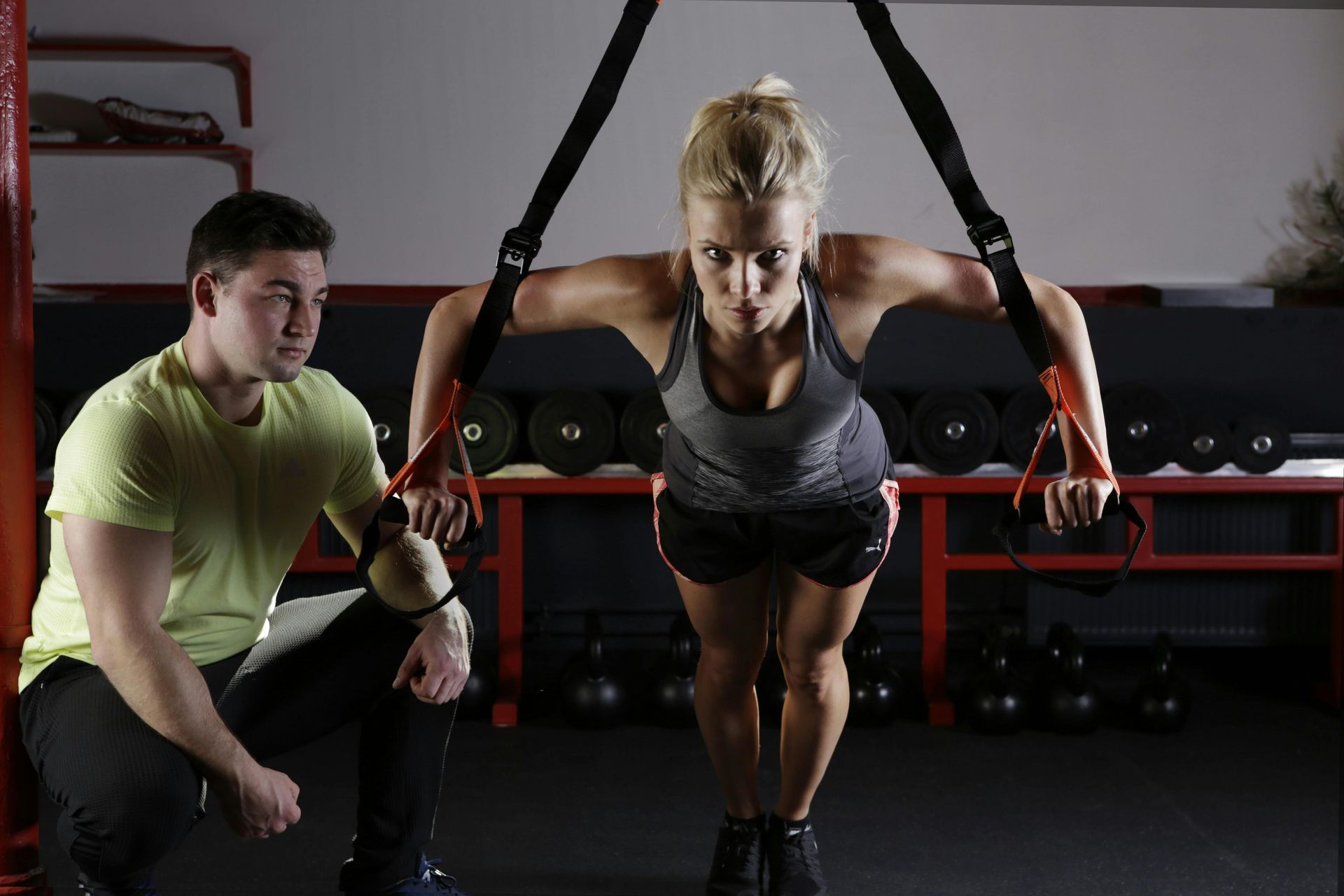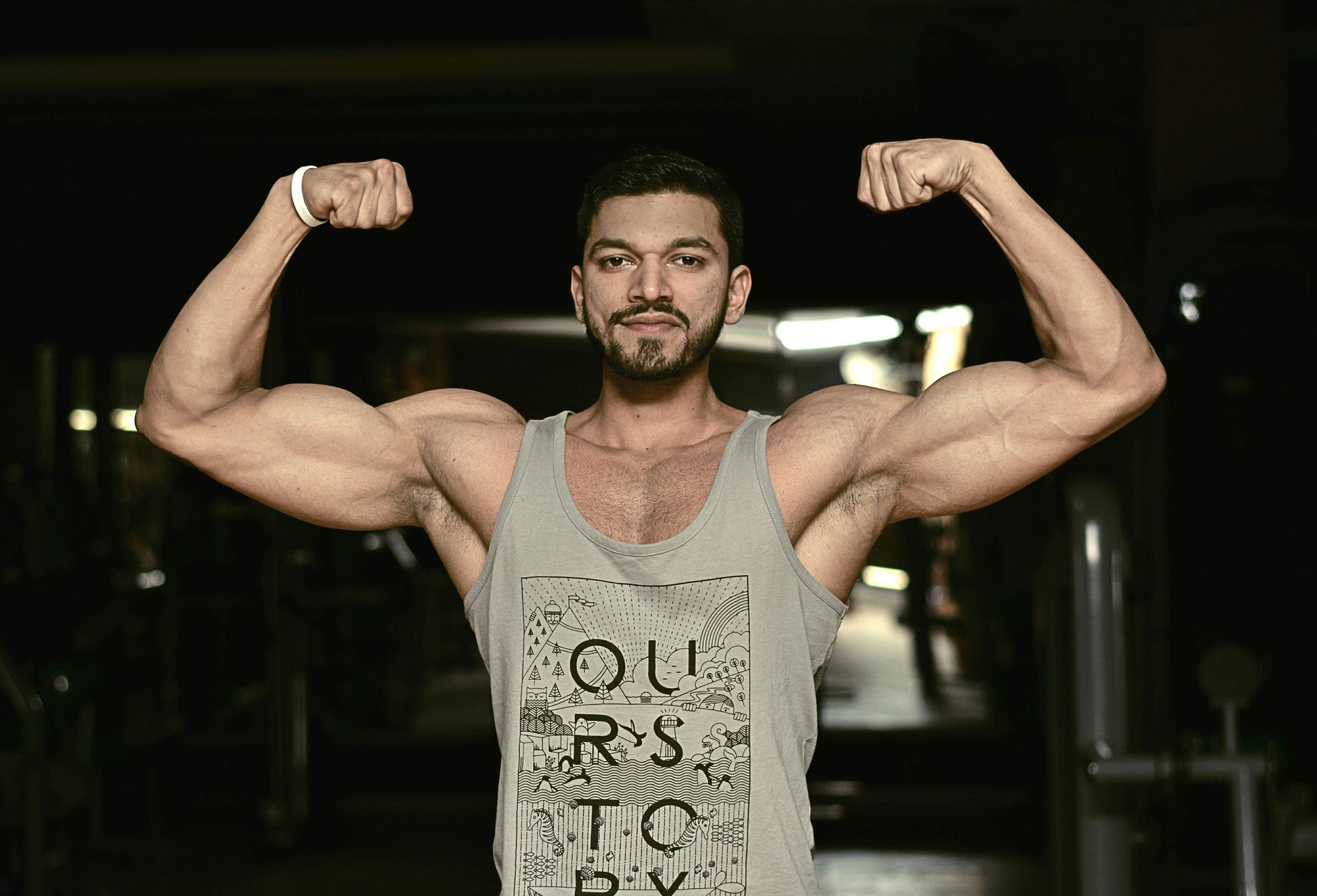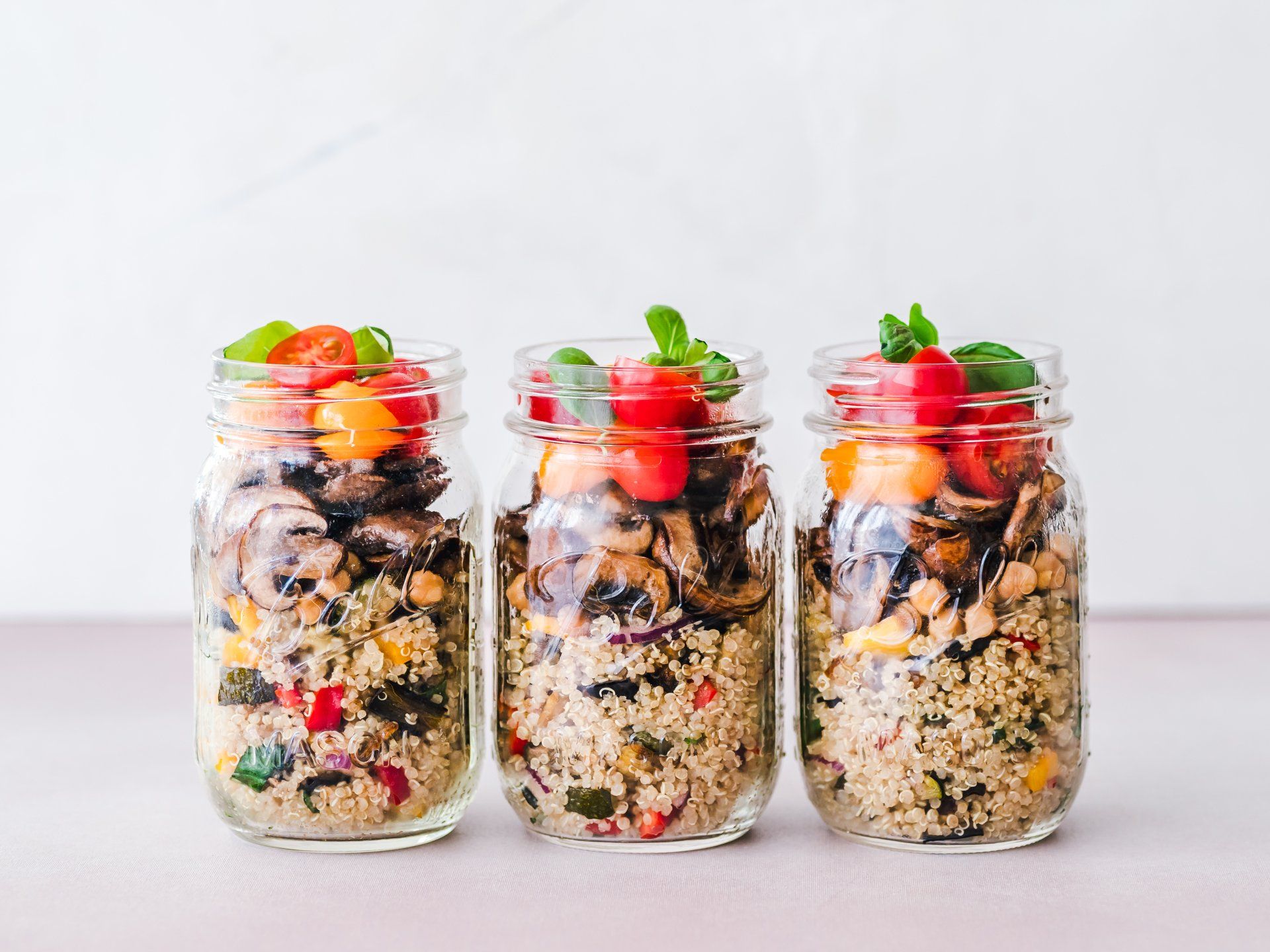Nutrition Is The Advantage
Simple Rules For Athlete Nutrition
Athletes don’t have a problem with doing hard work. Long practices, extra sprints, heavy weights? No problem. Where’s the competitive advantage there?
If you fuel your body properly, train hard, and push yourself in practice your body will do whatever you tell it to. Gain muscle, lean out, get stronger. DONE. The issue is high school athletes rarely have their nutrition optimized.
Here’s the typical High School Athletes diet looks like…
Wake up late and maybe (hopefully) eat some breakfast. And when they do eat, breakfast it a shake, eggo waffles or bowl of cereal. Most athletes don’t eat breakfast, and the majority don’t eat breakfast CONSISTENTLY. This is a major issue, but we will get to it later.
Next - the average HS athlete will get into is lunch. I’m guessing a sandwich and some snacks. Most likely this meal is under 500 calories, which is not enough.
The athlete MIGHT have a granola or protein bar in the afternoon.
Then it’s practice or strength training, and the athlete wonders why they aren’t playing well, getting stronger, faster or putting on muscle. It’s because when you are telling your body to perform, you are underfueled and dehydrated.
We need to flip the script and not be the “average athlete”. Average only gets you so far. It’s time to get to the next level.
I am going to lay out some rules and principles I use with myself and my athletes that get results. These rules are based on science and have consistently gotten results when followed properly.
Nutrition doesn’t have to be complicated and it shouldn’t be. If you are freaking out about nutrient timing, when to eat specific foods, or starving yourself you are missing the point. Diet plans or hardcore meal plans should be left for those who make money on their body. The goal should be to learn the BASICS of performance nutrition then get CONSISTENT with it.
Here’s why. Simple works and it works every time. People that put hardcore rules around eating rarely follow them, and if they do they only stick to it for a couple of weeks. When you get consistent with the basics you will see unreal results.
The FOUR Pillars Of Sports Nutrition
1) Eat Multiple Meals a day. (3-4+1)
Aim for three to four meals a day plus at least one bigger snack. This will give you basic caloric needs while keeping you feel fed throughout the day.
Athletes NEED to eat breakfast every day. This is an easy way to get a jumpstart on the competition. As I said, most athletes don’t eat breakfast, and they are missing out on the first big fuel of the day. Next week we can talk about why it’s important and how to dial it in. I will talk about snacks later as well. But the first thing we need to get consistent with is eating multiple meals a day.
2) 80% of your diet should be from minimally processed foods.
For most HS athletes I’m less concerned about this because the majority of them are undereating. But if you want to get an extreme edge on the competition, this is a great principle to exploit.
When you fuel your body with only junk foods, you will probably perform like junk. This doesn’t mean never eat a Dorito or a pastry again, just make sure that 80% of your food is coming from minimally processed sources. Think about it like this, less food from windows and boxes, more food from the edges of the grocery store.
If your food is coming through a drive-through window or from a box, it’s most likely not great for you and lacks the nutrients you need while giving you extra calories. Foods like veggies, fruits, nuts, meats and simple carbs (pasta, bread, rice, tortillas, etc) will have the optimal balance between calories and nutrients. These foods will positively fuel your performance.
3) Eat Fruits and veggies at every meal. Don’t overcomplicate it. Just do it.
4) Eat Protein at every meal.
Shoot for about 30 grams of protein. Again keep it simple. What the science shows us is that by keeping protein distribution consistent we get 25% increase in muscle protein synthesis (muscle building).
Just like in sports, you need to put yourself in a good position to score. A good shooter in basketball has a lower percentage chance of scoring if they are in a bad position. Performance nutrition is the same, that's why we need to always be loaded with the right stuff.
An athlete should always carry two things with them…
A water bottle and a snack.
It amazes me how many athletes don’t carry around water with them. The science shows that a 3% decrease in body water volume decrease’s performance by 30%. By not drinking enough water you will never be able to reach your potential. Think about taking a test in school, but the highest score you would be able to get would be C. That’s what being dehydrated will do to your performance.
Here’s how you fix it, be prepared by carrying around your water bottle. I promise if you carry it around, you will be able to CONSISTENTLY be hydrated.
The bare minimum of water - .5 ounces per pound of bodyweight
Elite Level Hydration (AIM FOR THIS) - 1 Ounce per pound of bodyweight
Always be loaded with snacks.
The snacks that you put in your school bag are just as important as books in your bag. By always having snacks in your bag you will be able to refuel every 2-3 hours.
GOLD MEDAL Snacks - A gold medal snack is the top level of snacks you can eat. These will be a combination of a lean protein and a quality carb. This combination will look like beef jerky and fruit, or a cheese stick and a granola bar. Gold medal snacks are excellent ideas for pre-practice or training.
Here are a few of my favorites...
-
Greek Yogurt with Fruit: Low-fat Greek yogurt contains up to 23 grams of protein per cup. Top with a favorite fresh fruit
-
Fresh fruit paired with low-fat cheese: Apple or pear slices with 1-2 ounces of cheese provides protein, calcium, carbohydrates, and fiber
-
Low-fat Chocolate Milk: Low-fat chocolate milk is a popular sports recovery drink. It provides high-quality protein with carbohydrates to promote recovery
-
Fig or Date Bars: These tasty snacks contain carbohydrates and fiber.
-
Smoothie with Protein Powder
-
Peanut Butter and Jelly Sandwich
As athletes our biggest performance advantage is nutrition. You need to fuel your body to get the most out of your training, so you can get an edge on the competition.

